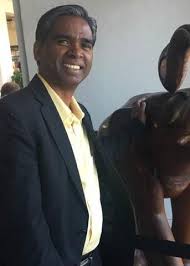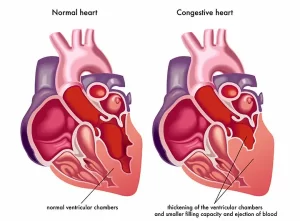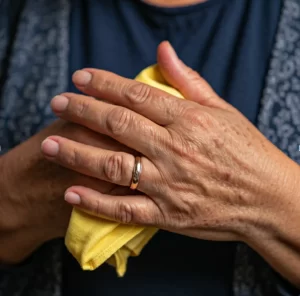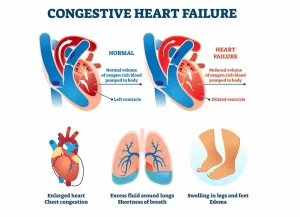JACOB PRABHAKAR – Eyes for India
By David Triana – from various sources
“I’m simply a servant, God is the one making the impact. I’m just privileged to be part of the mission.”
Dr. Jacob Prabhakar
Dr. Prabhakar was born in a small village on the east coast of southern India. His parents were Christians of humble origins and he was the only boy out of 8 siblings.
When he was 5, the pastor of their church recognized his potential and took him to a mission boarding school to get an education. At the school, he spent so much time reading and studying that they called him “Bookworm.”

Dr. Prabhakar’s journey in becoming a world-renowned surgeon is one of simple trust and commitment. He is the Medical Director at Ruby Nelson Memorial Hospital—a Christian facility in North India—and has designed a humanitarian program that is restoring sight to thousands.
Of the 1.2 billion people living in India, more than 15 million are afflicted with sight-impairing conditions. In many of these cases, sight could be restored with one very simple surgery.
CATARACT CAMPS: Dr. Prabhakar goes out to the villages to meet the blind where they are. “When Jesus was on earth, He didn’t expect people to come to him, He went to them!” Dr. Prabhakar travels up to 48 hours into countryside villages, where he runs cataract camps to bring sight to those who cannot see.
These camps are held between September and March and are usually organized by hosts and humanitarian groups at large public facilities like schools, office buildings or temple complexes.
On the first day of camp, Dr. Jacob and his team arrive around 5:00 A.M. to fumigate and sterilize the operating room, assemble equipment and set up medical stations for screening patients.
He learned his surgery technique from a surgeon in Nepal. But over time, he has shortened and improved the procedure. He is able to do 300 to 400 surgeries in a day! His 1 1⁄2 minute cataract surgery – makes him one of the fastest eye surgeons in the world – and one of the best.
As he has stated in previous interviews, the greatest satisfaction for Dr. Prabhakar is experiencing the patients’ joy at being able to see and do things again. When they board the bus to return home, there is great euphoria. “They laugh and celebrate with big, happy smiles and wave and shout, ‘Bless the team!’” “To suddenly get back their vision and life is overwhelming. They are overjoyed to be able to take care of themselves again, excited to go home to see their families and thrilled to carry on their household duties. Some have been blinded by cataracts for 10 to15 years and haven’t been able to see their children or family so it’s a time of great joy.”
PRABHAKAR’S GOAL: “We are doing surgery to help poor people see, not for financial benefit,” stated Dr. Prabakar in a recent interview, “It’s not a business— it’s a mission! These patients have nothing and can pay nothing. Our only desire is to help as many people as possible so we never turn anyone away.”
His desire is for more surgeons to learn his technique so that they can free more people from their inability to see. To accomplish that, he trains surgeons and technicians for additional cataract camps.
It only takes the equivalent of $75 to pay for the surgery of one individual. To make a donation to Eyes for India call 800-253-3000 or visit www.itiswritten.com/eyesforindia.



